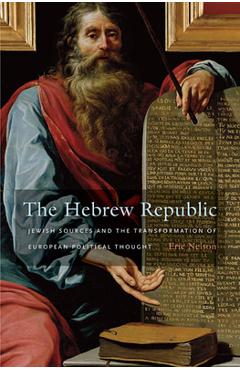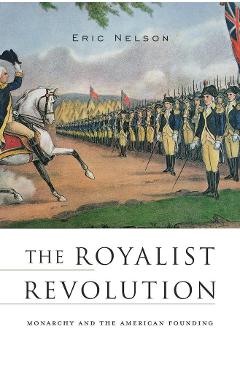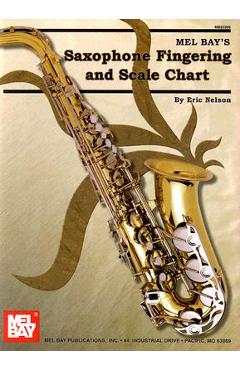Theology of Liberalism - Eric Nelson

Detalii Theology of Liberalism - Eric
Produs actualizat în urmă cu 1 an
Descriere YEO:
Descriere magazin:
One of our most important political theorists pulls the philosophical rug out from under modern liberalism, then tries to place it on a more secure footing. We think of modern liberalism as the novel product of a world reinvented on a secular basis after 1945. In The Theology of Liberalism, one of the country\'s most important political theorists argues that we could hardly be more wrong. Eric Nelson contends that the tradition of liberal political philosophy founded by John Rawls is, however unwittingly, the product of ancient theological debates about justice and evil. Once we understand this, he suggests, we can recognize the deep incoherence of various forms of liberal political philosophy that have emerged in Rawls\'s wake. Nelson starts by noting that today\'s liberal political philosophers treat the unequal distribution of social and natural advantages as morally arbitrary. This arbitrariness, they claim, diminishes our moral responsibility for our actions. Some even argue that we are not morally responsible when our own choices and efforts produce inequalities. In defending such views, Nelson writes, modern liberals have implicitly taken up positions in an age-old debate about whether the nature of the created world is consistent with the justice of God. Strikingly, their commitments diverge sharply from those of their proto-liberal predecessors, who rejected the notion of moral arbitrariness in favor of what was called Pelagianism--the view that beings created and judged by a just God must be capable of freedom and merit. Nelson reconstructs this earlier liberal position and shows that Rawls\'s philosophy derived from his self-conscious repudiation of Pelagianism. In closing, Nelson sketches a way out of the argumentative maze for liberals who wish to emerge with commitments to freedom and equality intact.

Theology of Liberalism - Eric - Disponibil la libris.ro
Pe YEO găsești Theology of Liberalism - Eric de la Eric Nelson, în categoria Philosophy.
Indiferent de nevoile tale, Theology of Liberalism - Eric Nelson din categoria Philosophy îți poate aduce un echilibru perfect între calitate și preț, cu avantaje practice și moderne.
Preț: 206.7 Lei
Caracteristicile produsului Theology of Liberalism - Eric
- Brand: Eric Nelson
- Categoria: Philosophy
- Magazin: libris.ro
- Ultima actualizare: 11-04-2024 01:14:23
Comandă Theology of Liberalism - Eric Online, Simplu și Rapid
Prin intermediul platformei YEO, poți comanda Theology of Liberalism - Eric de la libris.ro rapid și în siguranță. Bucură-te de o experiență de cumpărături online optimizată și descoperă cele mai bune oferte actualizate constant.
Descriere magazin:
One of our most important political theorists pulls the philosophical rug out from under modern liberalism, then tries to place it on a more secure footing. We think of modern liberalism as the novel product of a world reinvented on a secular basis after 1945. In The Theology of Liberalism, one of the country\'s most important political theorists argues that we could hardly be more wrong. Eric Nelson contends that the tradition of liberal political philosophy founded by John Rawls is, however unwittingly, the product of ancient theological debates about justice and evil. Once we understand this, he suggests, we can recognize the deep incoherence of various forms of liberal political philosophy that have emerged in Rawls\'s wake. Nelson starts by noting that today\'s liberal political philosophers treat the unequal distribution of social and natural advantages as morally arbitrary. This arbitrariness, they claim, diminishes our moral responsibility for our actions. Some even argue that we are not morally responsible when our own choices and efforts produce inequalities. In defending such views, Nelson writes, modern liberals have implicitly taken up positions in an age-old debate about whether the nature of the created world is consistent with the justice of God. Strikingly, their commitments diverge sharply from those of their proto-liberal predecessors, who rejected the notion of moral arbitrariness in favor of what was called Pelagianism--the view that beings created and judged by a just God must be capable of freedom and merit. Nelson reconstructs this earlier liberal position and shows that Rawls\'s philosophy derived from his self-conscious repudiation of Pelagianism. In closing, Nelson sketches a way out of the argumentative maze for liberals who wish to emerge with commitments to freedom and equality intact.

Produse asemănătoare
Produse marca Eric Nelson

The Hebrew Republic: Jewish Sources and the Transformation of European Political Thought - Eric Nelson
![]() libris.ro
libris.ro
Actualizat in 28/10/2025
193.44 Lei

